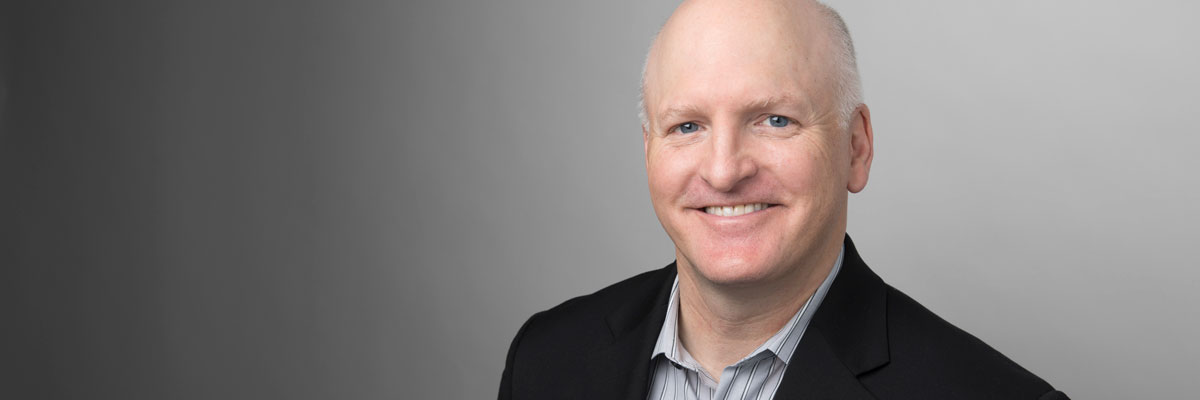“Half of the parents we serve are unemployed. Most—87 percent—are single moms. These are families living in poverty, or close to it.
“Our goal is to support these families and keep them together, to make sure they don’t get involved in the child welfare system. And how we do that is by helping parents make sure their children have everything they need to achieve their potential. That means reaching developmental milestones, getting their immunizations, and getting good nutrition, among other things.
“We wanted to do something that would allow us to partner with parents from day one, to start laying the foundation for their child’s healthy development right at the beginning. So our team sat down with Frances Baxley and Angela Baran from the Healthcare Foundation and talked through some ideas. It was fantastic: we were able to draw on our collective knowledge of the importance of good pre- and postnatal care, solid research on how best to work with moms, and experience with real families’ needs. Adding a doula program to our programs for babies and young children just made sense.
“In addition to providing prospective moms with emotional support and solid information about things like nutrition and self-care during pregnancy, a doula sees that those moms get to their scheduled appointments. She refers them for other services they may need and is there for them during the actual labor. After the birth, she helps moms stay on track with immunizations and well-baby visits and helps them learn to “read” their baby’s behavior and understand their baby’s physical, cognitive, and social-emotional needs. She helps ensure the transition from prenatal to postnatal care, which is so important to neonatal development.
“We’re starting out with a halftime position, so our doula will only be able to work with about 15 moms. We’ll focus on those moms and children who most need the help: teen parents, those with higher poverty levels, those fleeing interpersonal violence or dealing with housing insecurity.
“The really exciting part, for us, is the opportunity this program gives us to both fill a gap and really integrate the services we already offer. We’ll be there for a child from before birth right through the postnatal period and then on through our zero-to-three programs and three-to-five programs all the way up to kindergarten.
“By the time these children go to grammar school, they will have been involved in a continuous progression of services and programs to help them reach very key developmental milestones. That continuous care has the potential to make a tremendous difference in both health and educational outcomes. Ultimately, we believe we’ll see more families will stay together, fewer kids will go into child welfare, and more kids will be better prepared for kindergarten.”
